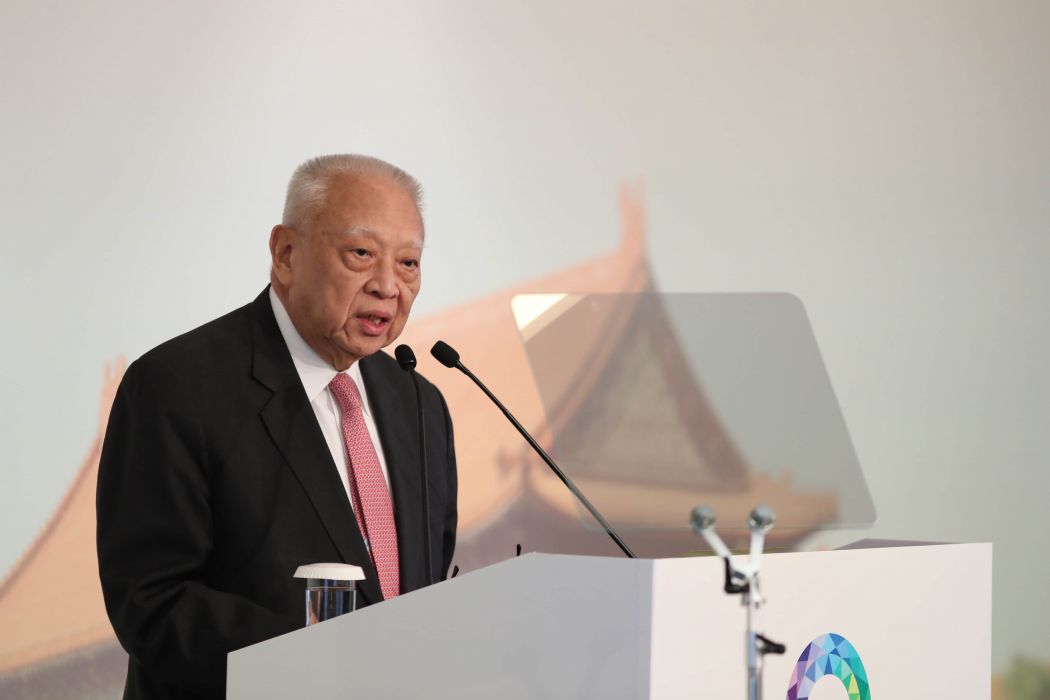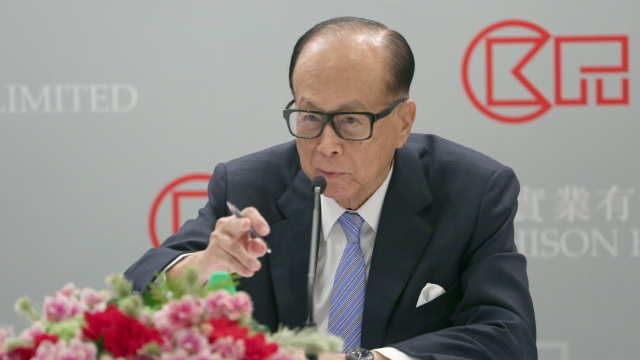In a sign of just how desperate things in Hong Kong have become the Beijing leadership has launched a new offensive to win hearts and minds and, much to the shock of long-time Chinese Communist Party observers, this offensive looks suspiciously like socialism.
The party that buried Marxism Leninism under a great wodge of well-thumbed dollar bills, now appears to have decided that good ‘ole socialism might just do the trick. Having cuddled up as close as possible to Hong Kong’s property developers, state media, the well-trained poodles who take their orders from the Liaison Office in Western and the usual suspects in the local media, have suddenly declared that housing is the crunch issue in the SAR and that the tycoons are to blame.

The beleaguered pro-government parties (an increasingly redundant term for parties that have nothing but contempt for the Chief Executive in Name Only (CENO)) have finally been given something they can sink their teeth into and so are gleefully coming up with plans to force the tycoons to turn over land for housing. Tung Chee-hwa, whose name on housing matters shall live in ignominy after miserably failing to achieve any of his housing targets and abolishing the Home Ownership Programme while he was in office, has also jumped on the housing bandwagon, opining that there were government ‘failures’ in this matter. Gosh, who knew?
There is zero evidence that the trigger for the protests or the focus of the protestors is on housing matters but for once the masters in Beijing have alighted on something that is indeed a fundamental problem. Hong Kong’s housing standards are dire, property affordability is a joke for the average person and the yawning chasm that separates housing conditions for the well off and the rest is an offence to decency. So, yes, housing is a profound problem.

And, yes, the venality of the property development cartel is at the root of this problem. But how did they ever get to be that powerful? This is a legacy of the colonial system that nurtured cartels controlling the economy. However, anyone expecting that the post-colonial era would have produced reform was seriously disappointed.
The tycoons’ political power was enhanced by the new order, giving the property developers more influence in the legislature and on various other government bodies. The appointment of a tycoon, Tung, as the first Chief Executive, clearly signalled that in a contest between big business and the people, big business would prevail.

As the housing crisis deepened the government clung to its old formula of land disposals guaranteeing that more or less all land would only be secured by cartel members. They, in turn, cosied up to the new masters and provided the financing needed to ensure that DAB would become Hong Kong’s biggest and best-funded political party. Oh, and by the way, can we speak in polite company about all the hot money flowing into Hong Kong from corrupt Mainland sources that moved high property prices onto a stratospheric level?
The idea that the housing crisis has suddenly emerged out of nowhere is patently absurd, but no less absurd than the notion that it was not nurtured by government policy.
Now the worm has turned and property tycoons are lambasted in the lapdog media. Li Ka-shing, who used to host party leader Jiang Zemin in his hotels and breezed around Beijing seeing anyone he wanted to see, is now on the s*** list. My, how times have changed.

But even the dullest cadre has by now realised that change is required. The official narrative of the protests has mutated, mainly because it has consistently been so ill-judged.
It started out with the confident claim that no one really supported the protests, just a small minority of dissidents. As the protests grew it was confidently asserted that Hong Kong people were way too stupid to have organised all this unrest themselves, foreign forces were said to be controlling things. Next up came the idea that the protests would soon end, four months on that too is not looking too prescient. More recently the usual suspects have gone into overdrive complaining that the protests have engulfed Hong Kong in violence followed by expressions of regret at the sharp fall in visitors as people overseas have been misled into believing all this hysterical talk.
Now, we have arrived at point where the propaganda offensive – and it is no more than that because no action has been taken – has resorted to talking about ‘fundamental issues’. Actually this is a move in the right direction.
Who knows, the lasting legacy of the 2019 protest movement might actually be a radical improvement in Hong Kong’s housing situation – there are a great many legacies worse than that.
Hong Kong Free Press relies on direct reader support. Help safeguard independent journalism and press freedom as we invest more in freelancers, overtime, safety gear & insurance during this summer’s protests. 10 ways to support us.

